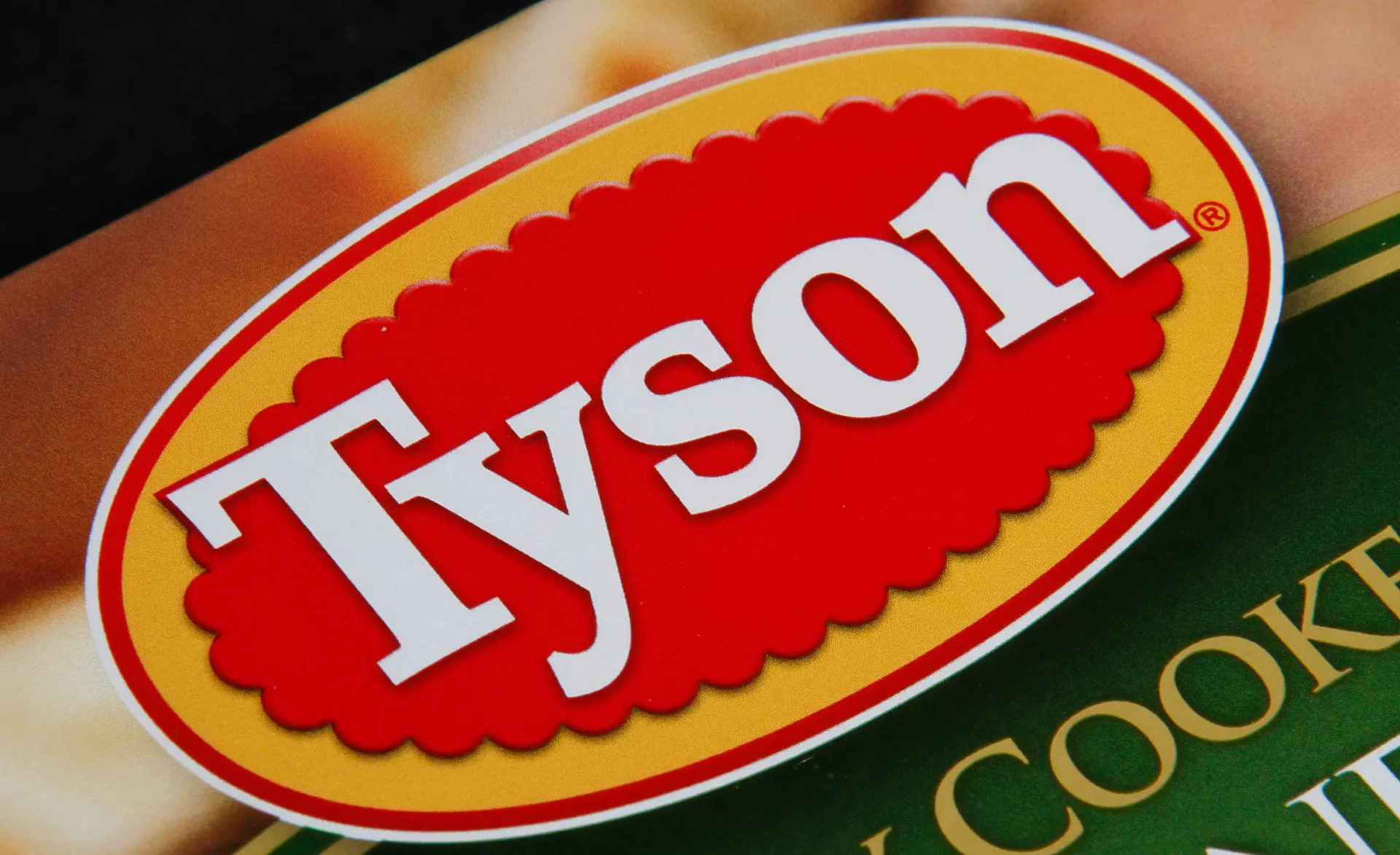Toxic Impact: Tyson Foods’ Pollutant Discharge into US Waterways
Unveiling the Environmental Burden
An investigative report has brought to light the severe environmental repercussions from Tyson Foods’ operations, revealing that the company has released millions of pounds of harmful pollutants into American rivers and lakes over the past five years. This discharge includes a mixture of nitrogen, phosphorus, chloride, oil, and cyanide, summing up to a staggering 371 million pounds from 41 of its facilities.
Scale of Pollution
The pollution stems from 87 billion gallons of wastewater that Tyson’s slaughterhouses and mega processing plants have emitted. This wastewater, laden with blood, bacteria, and animal feces, has been dumped directly into vital water bodies that serve as sources for drinking water and recreational activities. The sheer volume of this wastewater could fill approximately 132,000 Olympic-sized swimming pools, emphasizing the vast scale of the environmental challenge.
Concentrated Damage in the Midwest
The environmental footprint of Tyson, recognized as the world’s second-largest meat producer and a Fortune 100 company, spreads across 17 states in the USA. However, nearly half of the pollutants were released into water bodies in Nebraska, Illinois, and Missouri. These states are already grappling with nitrogen and phosphorus saturation due to industrial agriculture, which exacerbates issues like algal blooms that harm water quality and aquatic life.
The Tip of the Iceberg
The findings highlighted by the Union of Concerned Scientists (UCS) in collaboration with the Guardian represent just a fraction of the potential total impact, as they account for only one-third of Tyson’s processing facilities. Current federal regulations lack phosphorus limits, and many meat processing plants are not subjected to comprehensive water regulation, leading to unmonitored environmental degradation.
Regulatory Challenges and Industry Influence
The need for updated regulations is urgent as the Environmental Protection Agency (EPA) faces decisions on implementing stronger protections against such industrial pollutants. The influence of the meat-processing sector, underscored by millions in lobbying and campaign donations, poses a significant challenge to reforming industry practices that prioritize environmental and public health.
Economic Arguments and Community Responses
While industry representatives argue that stricter regulations could lead to substantial economic costs and job losses, community voices and environmental advocates stress the imperative of prioritizing ecological and public health over corporate profits. The debate continues as the EPA considers new guidelines amidst pressure from various stakeholders.
Local Impact and Community Advocacy
In Nebraska, where Tyson’s largest plants are located, the local communities bear the brunt of the environmental impact. The state’s agriculture-dominated economy sees significant political and economic influence from large corporate farming operations, complicating efforts towards sustainable and accountable agricultural practices.
Indigenous and Local Voices
The pollution not only affects environmental health but also cultural and community well-being, particularly for local tribes and rural populations. Efforts by local organizations and indigenous groups highlight the ongoing struggle to protect vital water resources and advocate for responsible environmental stewardship amidst industrial pressures.
Future Outlook and Environmental Advocacy
As environmental groups push for more robust federal regulations and better enforcement, the story of Tyson’s pollutant discharge serves as a critical reminder of the ongoing challenges faced by communities across the United States. The balance between industrial agricultural practices and environmental sustainability remains a contentious issue, calling for concerted efforts to address the long-term impacts on ecosystems and human health.
Conclusion
The revelations about Tyson Foods’ environmental practices underscore a significant challenge facing the United States: the need for stronger regulatory frameworks to govern industrial pollutants and protect vital natural resources. As the EPA deliberates on new standards, the outcome will significantly influence the future of national water quality and the health of ecosystems and communities dependent on these water bodies.
Related: Tyson Food Supply Chain Demo Day 2024
Source: The Guardian
